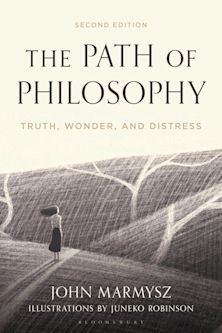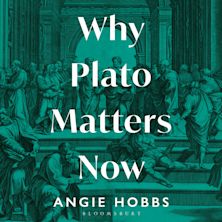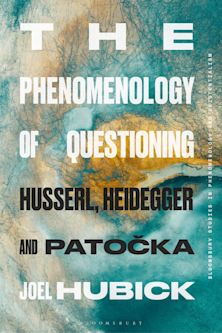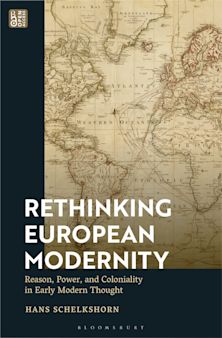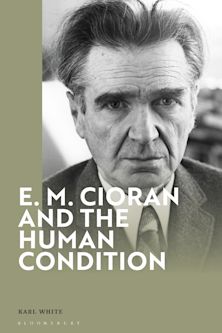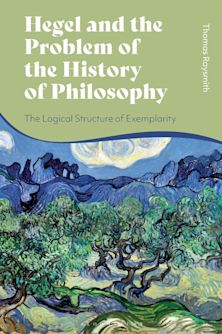The Philosophy of Recognition
Historical and Contemporary Perspectives
The Philosophy of Recognition
Historical and Contemporary Perspectives
This product is usually dispatched within 1 week
- Delivery and returns info
-
Free US delivery on orders $35 or over
Description
The theory of recognition is now a well-established and mature research paradigm in philosophy, and it is both influential in and influenced by developments in other fields of the humanities and social sciences. From debates in moral philosophy about the fundamental roots of obligation, to debates in political philosophy about the character of multicultural societies, to debates in legal theory about the structure and justification of rights, to debates in social theory about the prospects and proper objects of critical theory, to debates in ontology, philosophical anthropology and psychology about the structure of personal and group identities, theories based on the concept of intersubjective recognition have staked out central positions. At the same time, contemporary theories of recognition are strongly, perhaps indissociably, connected to themes in the history of philosophy, especially as treated in German idealism.
This volume compromises a collection of original papers by eminent international scholars working at the forefront of recognition theory and provides an unparalleled view of the depth and diversity of philosophical research on the topic. Its particular strength is in exploring connections between the history of philosophy and contemporary research by combining in one volume full treatments of classical authors on recognition-Rousseau, Kant, Fichte, Hegel, Marx, Freud-with cutting edge work by leading contemporary philosophers of recognition, including Fraser, Honneth, and others.
Table of Contents
Product details
| Published | Dec 30 2009 |
|---|---|
| Format | Hardback |
| Edition | 1st |
| Extent | 390 |
| ISBN | 9780739144251 |
| Imprint | Lexington Books |
| Dimensions | 9 x 6 inches |
| Publisher | Bloomsbury Publishing |
Reviews

ONLINE RESOURCES
Bloomsbury Collections
This book is available on Bloomsbury Collections where your library has access.












